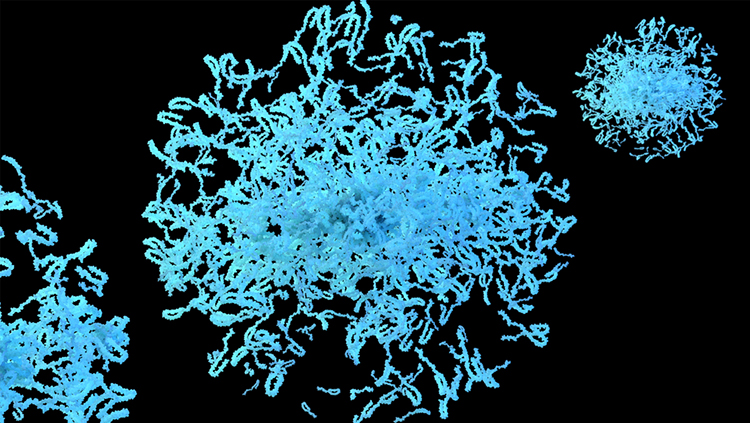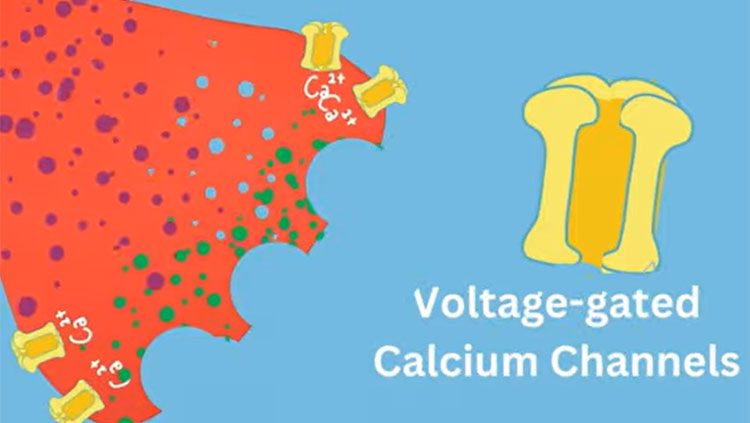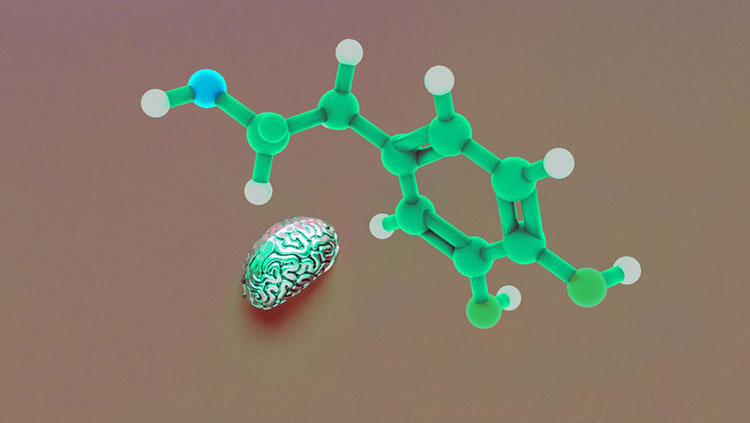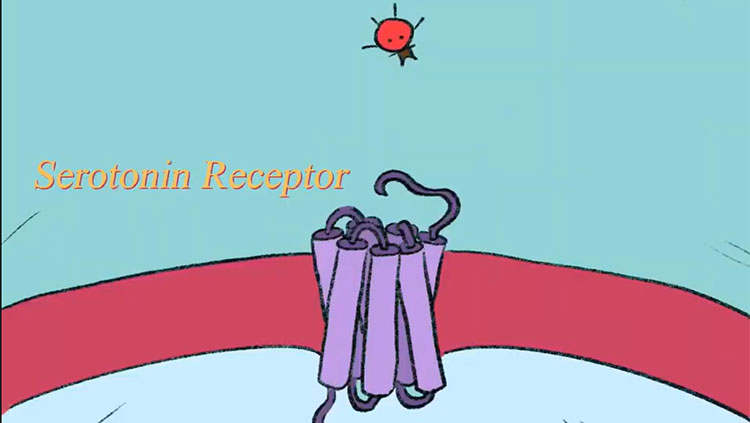Chemical Warfare's Attack on the Brain
- Published28 May 2013
- Author Steve Miller
- Source BrainFacts/SfN
As a new blogger with the BrainFacts.org team, I would like to introduce myself and my unique perspective in the field of neuroscience. My name is Steven Miller, and I am a civilian Ph.D. candidate in the neuroscience program at the Uniformed Services University of the Health Sciences in Bethesda, Maryland. My research may not be what you expect when you hear 'neuroscience'. I work on developing treatments against the chemical weapons known as nerve agents.
These weapons were originally developed on accident. A few years prior to World War II, research into novel organophosphate-based pesticides produced a nearly fatal calamity.
Gerhard Schrader, a German chemist specializing in pesticides, spilled a drop of a new compound he was developing (later to be named tabun) onto his lab bench and was immediately poisoned. His difficulty breathing and vision problems that resulted from this mishap took weeks to resolve. And this was only from a drop!
This nearly lethal experience was required to be reported to the Ministry of the Defense at the time. Any chemicals with weapons potential would be further evaluated by the German government for possible military applications.
Schrader went on to develop several more of these organophosphate-compounds that became the first of the nerve agents and include sarin, soman, and cyclosarin. Sarin, you may have heard of. The most recent confirmed use of sarin was during a series of terrorist attacks in Japan in 1994 and 1995. The symptoms resulting from poisoning by these chemicals, which include organophate-based pesticides are notoriously difficult to treat. That is why my research group, among many others are working on developing potent therapies against these compounds.
Why are these compounds so dangerous? And what does it have to do with neuroscience? Organophosphate based pesticides and nerve agents act by inhibiting the enzyme acetylcholinesterase at peripheral and central synapses.
This causes an excess of the neurotransmitter acetylcholine (to review and understand how neurotransmitters like acetylcholine work, see the BrainFacts article on Classical Neurotransmitters). What makes nerve agents so toxic is that they irreversibly inhibit acetylcholinesterase and they can do this very rapidly. Following severe intoxication by these compounds, a clinical syndrome occurs that is referred to as 'cholinergic crisis'. Due to the excessive levels of acetylcholine in the brain, a type of seizure referred to as 'status epilepticus' may be produced.
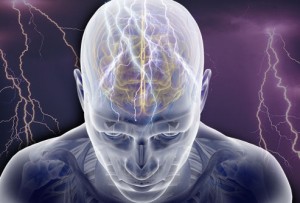
Status epilepticus are seizures that last longer than five minutes and are extremely difficult to treat. If they do not kill you, they may cause neurological and psychological side effects that can last a decade or longer. What makes them so difficult to treat is that acetylcholine is initially responsible for maintaining the seizure, but different neurotransmitters such as glutamate eventually take over the role of maintaining seizure activity. Fortunately, the neuroscience community is actively working on developing effective treatments against these seizures.
The National Institutes of Health's CounterACT Program (Countermeasures Against Chemical Threats) and the Defense Threat Reduction Agency (DTRA) are spending a great deal of money on this important research. Projects funded by the CounterACT program and DTRA have identified excellent potential therapies for neutralizing the symptoms resulting from organophosphate poisoning.
I look forward to posting much more here on BrainFacts.org and engaging with our readers. Enjoy, feel free to comment, share your thoughts and until then, follow me on Twitter @NeuroscienceDC.
CONTENT PROVIDED BY
BrainFacts/SfN
References
Chemical warfare agents: chemistry, pharmacology, toxicology, and therapeutics / editors, James A., Romano Jr. and Brian J. Lukey. -- 2nd ed.
Also In Genes & Molecules
Trending
Popular articles on BrainFacts.org



